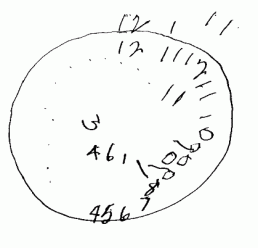
WESTBOROUGH, MA February 23, 2018 Dementia is an affliction that slowly robs patients of their capacity to remember new information. Meanwhile their personal history remains readily available to them. That is why so many are able to share stories sometimes over and over. The cost of living with dementia for those so diagnosed is not a singular phenomena. It effects the entire family and the wider community in which the patient lives. For many living with dementia is a lonely experience with sometimes overwhelming sadness seeing a loved one slowly transform into child-like dependency. Caregivers are at high risk for burn out when they care for a loved one day-after-day. For many living with a person who has dementia can be an unforgettable challenge that often evokes guilt, resentment and despair.
There are many myths associated dementia that are worth pointing out. First, old age and dementia are not synonymous. Patients always say to me “what do you expect I am 82 years old” when I first begin the assessment process. Research according to the APA, has shown in the right environment memory should not fail solely on the basis of age.
Part of this post was first publish nearly 3 years ago in 2015 and remains a timely addition to the literature on dementia, its assessment and impact on quality of life for those involved. I have made some changes to the post from 2-1-2016 to update it and introduce another post that will be published shortly about dementia. Pleased stay tuned to this blog and learn all about the affliction of dementia and more on the use of clocks for the assessment of cognitive changes. I have added a person story that is compelling and has to do with this topic. Thanks – I hope you like the upcoming posts.
“For many living with a person who has dementia can be an unforgettable challenge that evokes guilt, resentment and despair.” Michael Sefton 2018